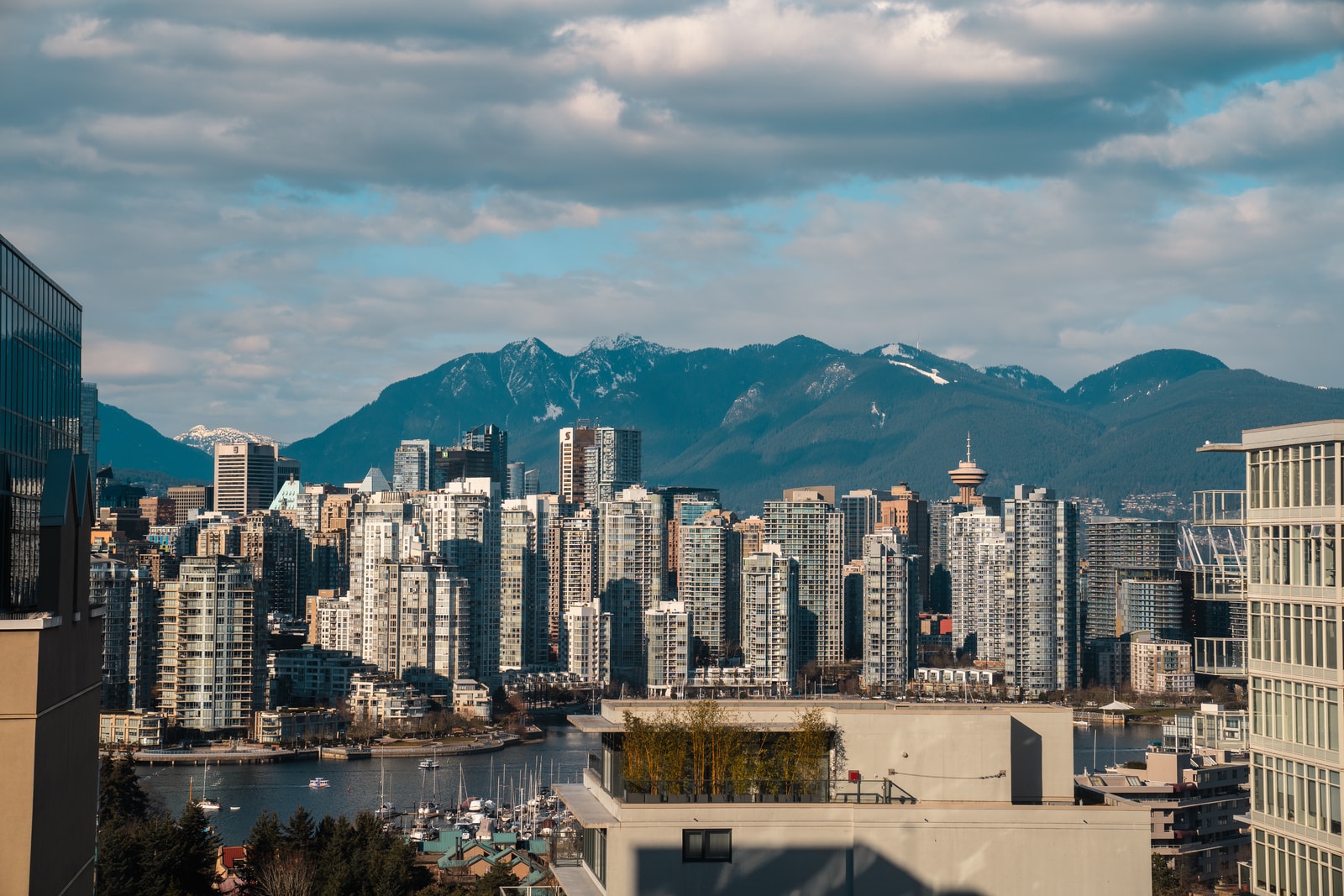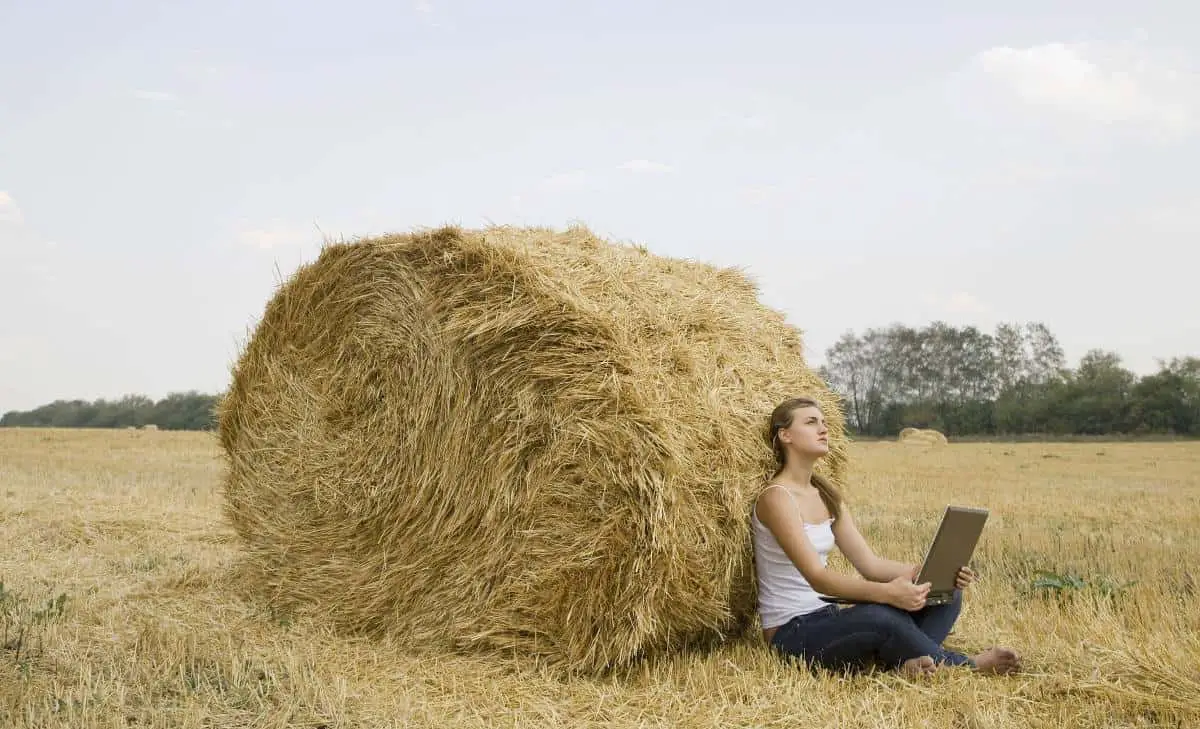Off grid living British Columbia presents a unique challenge and opportunity. This guide explores the legal, logistical, and social aspects of embracing self-sufficiency in the province’s diverse landscapes, from the rugged mountains to the temperate rainforests. We delve into the practical considerations of water management, waste disposal, renewable energy solutions, and community building, alongside the financial implications and environmental responsibilities involved in this increasingly popular lifestyle.
British Columbia’s stunning natural beauty attracts many seeking a simpler life disconnected from the traditional grid. However, navigating the regulatory landscape and ensuring sustainable practices are crucial for successful off-grid living. This comprehensive overview provides the essential information and resources needed to make informed decisions and plan for a thriving off-grid existence in BC.
Legal and Regulatory Aspects of Off-Grid Living in British Columbia: Off Grid Living British Columbia
Off-grid living in British Columbia, while appealing to many, necessitates careful navigation of provincial regulations to ensure compliance and avoid potential legal issues. The complexities vary depending on location, desired lifestyle, and the specific activities undertaken. Understanding these regulations is crucial for prospective off-grid dwellers to secure the necessary permits and approvals.
Land Ownership Requirements for Off-Grid Living
Securing appropriate land is the foundational step. Provincial regulations dictate that land must be legally owned or leased to support off-grid living. This typically involves purchasing land outright or securing a long-term lease agreement. The type of land ownership (freehold, leasehold) directly impacts the permitted activities and potential restrictions. For instance, Crown land, while vast in BC, generally requires specific permits and adheres to strict environmental protection regulations before any development can be considered, making off-grid living on Crown land extremely challenging.
Private land ownership offers more flexibility, but still requires adherence to local zoning bylaws and environmental regulations.
Permitting Processes for Water Usage, Waste Disposal, and Energy Generation
Establishing sustainable and legally compliant systems for water, waste, and energy is paramount. Water usage permits are generally required, contingent upon the source (well, spring, rainwater collection) and the volume used. Detailed water quality testing may be necessary. Waste disposal necessitates adherence to provincial guidelines, typically requiring the implementation of approved septic systems and greywater management strategies.
These systems must meet stringent standards to prevent environmental contamination. Energy generation, whether solar, wind, or other renewable sources, often requires permits, particularly for larger-scale systems that may impact neighboring properties or the environment. Detailed engineering plans and environmental impact assessments may be required depending on the project’s scale.
Examples of Successful Off-Grid Living Permit Applications in BC, Off grid living british columbia
While specific details of permit applications are often confidential, anecdotal evidence suggests successful applications frequently involve thorough planning, comprehensive documentation, and proactive engagement with relevant authorities. Successful applicants often demonstrate a clear understanding of environmental protection measures, detailed engineering plans for water and waste management, and robust mitigation strategies to minimize environmental impact. Many successful applications involve smaller-scale, low-impact projects demonstrating a commitment to sustainability and minimal environmental footprint.
Regional Variations in Off-Grid Living Regulations
Regulations governing off-grid living are not uniform across British Columbia. Regional variations exist, reflecting differing environmental sensitivities, population densities, and local government priorities. Coastal regions, for instance, may have stricter regulations regarding water usage and waste disposal due to sensitive ecosystems. Northern regions, with their lower population densities, may have less stringent regulations but often require more stringent permits for accessing remote locations and ensuring self-sufficiency.
It’s crucial to research the specific regulations of the target region before commencing any off-grid development.
Environmental Considerations and Sustainability Practices

Off-grid living in British Columbia presents a unique opportunity to minimize environmental impact, but careful planning and sustainable practices are crucial to avoid unintended consequences. The choices made regarding energy, water, waste, and building materials directly affect the delicate ecosystems of the province, ranging from coastal rainforests to alpine meadows. Responsible off-grid living requires a deep understanding of these ecosystems and a commitment to minimizing the footprint on the land.Off-grid living choices significantly impact BC’s diverse ecosystems.
For example, reliance on wood for heating can lead to deforestation and habitat loss if not managed sustainably. Improper waste disposal can pollute waterways and harm wildlife. Energy production from sources like diesel generators contributes to greenhouse gas emissions, contradicting the environmental goals of off-grid living. Conversely, harnessing renewable energy sources like solar and hydro power minimizes this impact.
Water management, including greywater recycling and rainwater harvesting, reduces strain on local water resources.
Sustainable Building Materials and Techniques for BC’s Climate
The selection of building materials and construction techniques significantly influences the environmental impact of an off-grid home. In BC’s varied climate, using locally sourced, sustainably harvested timber minimizes transportation emissions and supports local economies. Rammed earth construction, utilizing readily available soil, offers excellent thermal mass, reducing energy needs for heating and cooling. Other eco-friendly options include straw bale construction, which provides excellent insulation, and cob, a mixture of earth, straw, and water.
Proper insulation, regardless of the chosen material, is critical for energy efficiency in BC’s diverse climate, ranging from the mild coastal regions to the frigid mountain passes. The use of recycled and reclaimed materials further reduces the environmental footprint.
Strategies for Minimizing Environmental Footprint
Minimizing environmental impact requires a holistic approach. This includes employing water conservation techniques such as greywater recycling systems, which reuse wastewater for irrigation. Composting toilets eliminate the need for water-intensive flush toilets and create nutrient-rich compost for gardening. Rainwater harvesting provides a sustainable source of water for non-potable uses, reducing reliance on groundwater or municipal water supplies.
Careful site selection minimizes disturbance to sensitive habitats. Efficient energy systems, such as solar panels and wind turbines, coupled with energy-efficient appliances and lighting, significantly reduce reliance on fossil fuels. A well-insulated home further minimizes energy consumption.
Responsible Land Management in Off-Grid Settings
Responsible land management is paramount for minimizing the long-term environmental impact of off-grid living. This includes careful planning of building sites to avoid sensitive ecosystems and waterways. Preventing soil erosion through appropriate landscaping and vegetation management is crucial. Sustainable forestry practices, such as selective logging and reforestation, ensure the long-term health of forests. Minimizing waste generation through careful resource management and composting is essential.
Regular monitoring of the environmental impact of off-grid activities allows for timely adjustments to practices, ensuring sustainability. Respect for wildlife and their habitats is a core principle of responsible land management.
Sustainable Off-Grid Home Design for a Coastal Rainforest Ecosystem
Imagine a small, single-story home nestled amongst the towering trees of a coastal rainforest. The home is built on stilts to minimize ground disturbance and protect the delicate understory vegetation. The structure is primarily constructed from locally sourced cedar, known for its durability and resistance to decay in the damp coastal environment. The roof is steeply pitched to shed heavy rainfall, and is covered in moss to blend seamlessly with the surrounding forest canopy.
Large windows facing south maximize passive solar gain during the winter months. A greywater recycling system reuses wastewater for irrigation, and rainwater is harvested from the roof for non-potable uses. Solar panels discreetly integrated into the roof provide electricity. The home is designed to minimize its visual impact, blending harmoniously with the surrounding natural environment.
Embarking on off-grid living in British Columbia requires careful planning, resourcefulness, and a commitment to sustainable practices. While challenges exist, the rewards – a closer connection with nature, greater self-reliance, and a unique lifestyle – are substantial. By understanding the legal framework, implementing efficient resource management strategies, and fostering strong community ties, individuals can successfully navigate the path towards a fulfilling off-grid existence in the beautiful province of British Columbia.
Obtain access to montana off grid living to private resources that are additional.



